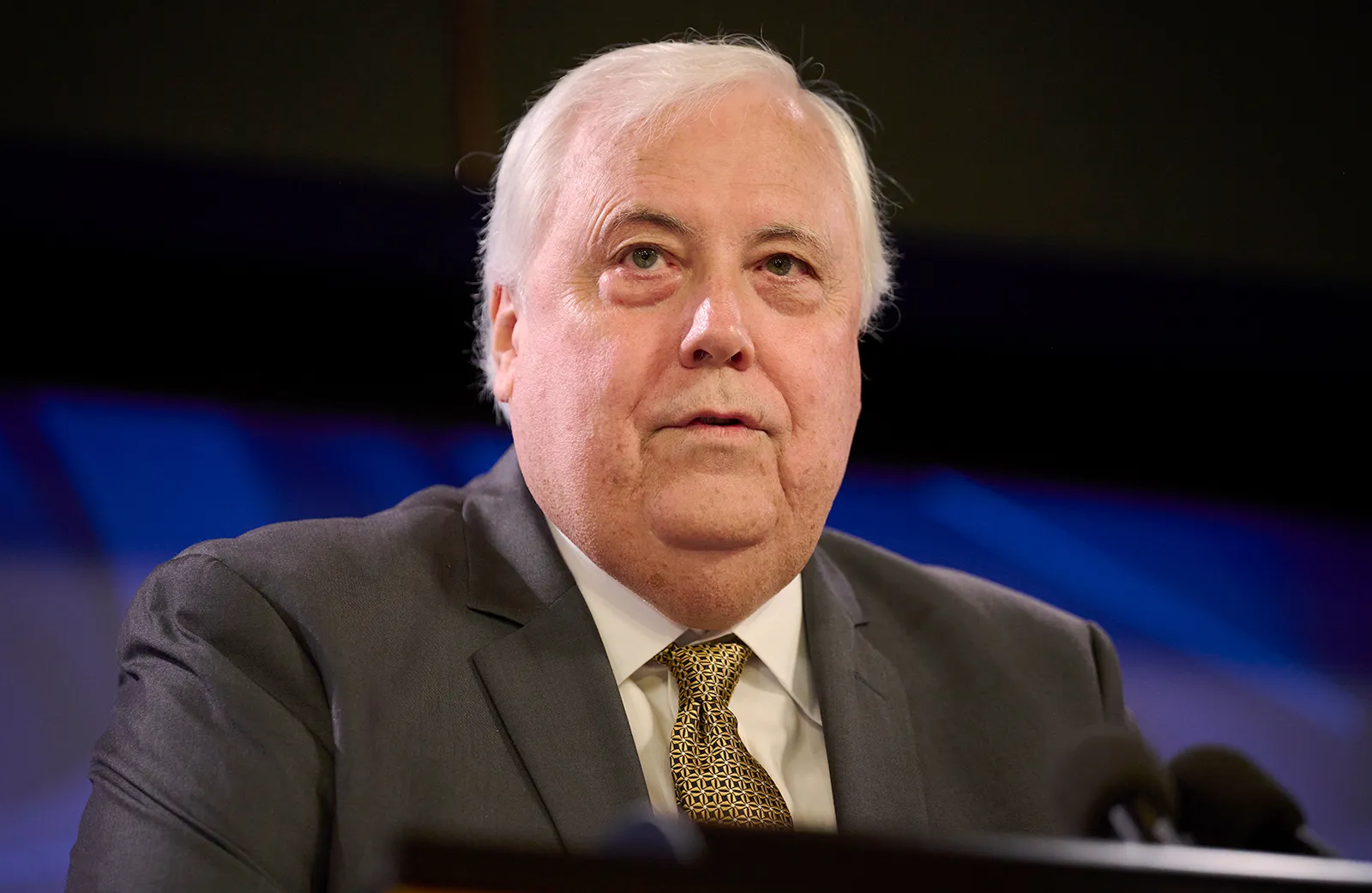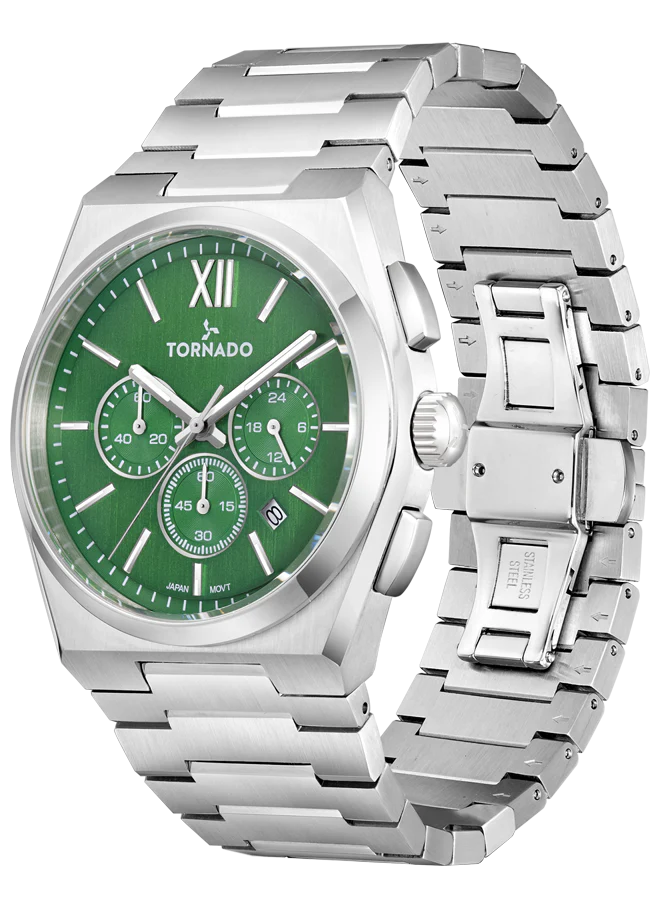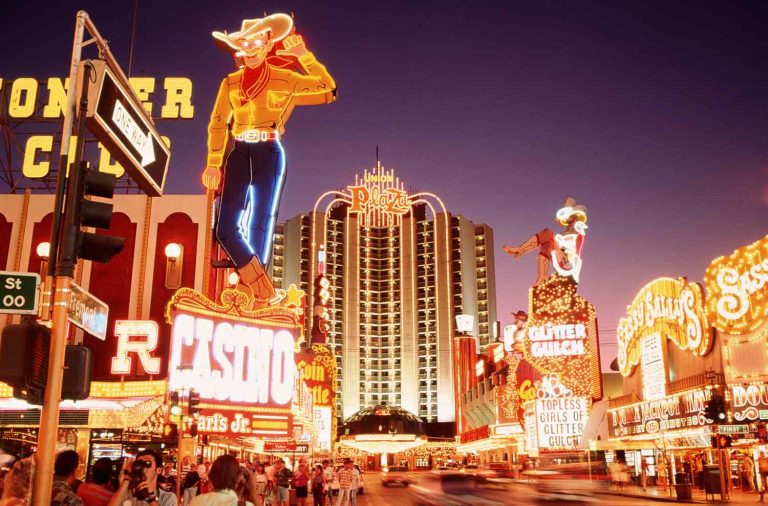Clive Palmer
Clive Palmer is one of Australia’s most colorful and controversial figures. A businessman, politician, and media personality, Palmer’s influence has been felt in multiple sectors, including mining, real estate, tourism, and politics. While his wealth and success have brought him fame, his public persona, eccentricity, and political endeavors have often placed him in the spotlight for more divisive reasons. Palmer’s journey, his family background, his business success, and his political ambitions provide a complex and multi-dimensional portrait of a man who has left a significant mark on Australia.
Early Life and Background
Born on May 26, 1954, in Melbourne, Australia, Clive Palmer’s early life was shaped by a modest upbringing. He is the son of a farmer and grew up in a family of modest means. His father, who worked as a farmer, instilled in him a sense of hard work, discipline, and ambition. While not born into a wealthy family, Palmer’s story reflects the archetype of a self-made billionaire.
Palmer attended The Southport School in Queensland, a prestigious private institution, which was the starting point of his journey into higher education and, eventually, the business world. After completing his schooling, Palmer went on to study law at Griffith University in Queensland. However, his interest was more in business than in practicing law. His educational foundation in law would later serve him well as he navigated the complex legal and regulatory landscapes of his various business ventures.
Early Business Ventures and Building Wealth
Clive Palmer’s entry into the world of business started in the 1980s. After studying law, he initially became involved in the mining industry, and it was here that he would amass much of his wealth.
Mining Empire
Palmer’s first major breakthrough came in the mining sector when he established Mineralogy, a company focused on extracting iron ore and other minerals. He struck a deal with the Chinese government and began to develop some of the largest iron ore deposits in Western Australia. His early ventures in the mining industry helped him build a strong foundation for future wealth. By the early 1990s, Palmer had become a prominent figure in the Australian mining industry, with substantial investments in coal, iron ore, and nickel.
One of Palmer’s most significant ventures was the development of the Palmer Nickel and Cobalt Refining (PNCR), based in Queensland. This project was aimed at extracting valuable metals, such as nickel and cobalt, from the local resources. The success of this refining business helped cement Palmer’s reputation as one of Australia’s most successful mining magnates.
In the following years, Palmer continued to expand his business empire. He acquired mining assets across Queensland and Western Australia, amassing more resources and increasing his wealth. Through his mining ventures, Palmer gained substantial political influence, as he began to build relationships with political leaders and government officials. His political influence would play a major role in his later ventures into politics.
Property Development and Tourism
In addition to his mining ventures, Palmer has also had significant success in property development. His development projects have included both residential and commercial real estate, particularly in Queensland. One of his most high-profile projects has been the Palmer Coolum Resort in Queensland. This luxury resort, located on the Sunshine Coast, has been a source of both praise and controversy over the years. Palmer’s investment in the resort was intended to turn it into a high-end tourist destination, and it remains one of his most iconic assets.
Palmer’s interest in tourism did not stop at the Palmer Coolum Resort; he also made international headlines with his ambitious project to build a replica of the Titanic, known as Titanic II. The project was initially announced with great fanfare, and Palmer planned to construct a modern-day version of the ill-fated ship, complete with luxury cabins, grand dining rooms, and a similar layout to the original Titanic. However, the project faced significant setbacks and delays, and despite the initial enthusiasm, it has struggled to gain traction.
The Titanic II project, which was intended to serve as both a luxury cruise ship and a significant tourism draw, has become emblematic of Palmer’s grand vision but also of his tendency to bite off more than he could chew. As of today, the project remains incomplete, and Palmer’s ambitious dream has faced criticism for its lack of progress and the money invested.
Political Career and the United Australia Party
Palmer’s entry into politics was as dramatic as his business ventures. A vocal critic of the Australian political establishment and a staunch advocate for the interests of the mining sector, Palmer sought to bring his brand of populist politics to the forefront of national discussion.
The Formation of the United Australia Party
In 2013, Palmer founded the United Australia Party (UAP), a political party that he intended to be a significant force in Australian politics. His party platform was largely centered around economic nationalism, advocating for policies that would benefit the Australian economy and the domestic mining industry. Palmer used his immense wealth and influence to fund the party’s campaign, and he attracted media attention through his larger-than-life persona and bombastic rhetoric.
In the 2013 federal election, Palmer’s United Australia Party won several seats in the House of Representatives, with Palmer himself securing a position as a Member of Parliament. However, despite some early success, the UAP has struggled to maintain its political relevance, and Palmer’s influence in national politics has been erratic. He has been known to swing between various political ideologies and has sometimes been seen as a “kingmaker,” leveraging his resources and influence to sway decisions in the halls of power.
Palmer’s political campaigns have often been marked by controversy. He has been an outspoken critic of both major political parties in Australia, particularly the Labor Party and the Liberal-National Coalition, accusing them of being out of touch with the needs of ordinary Australians. His populist approach has resonated with some voters but alienated others, as Palmer’s aggressive style and propensity for making grand statements have polarized public opinion.
Controversies and Legal Issues
Throughout his career, Palmer has faced numerous legal and financial controversies. Some of the most notable controversies have arisen from his business dealings, especially with respect to his mining ventures. One of the most significant legal battles Palmer has faced was with Citic Pacific, a Chinese company with whom Palmer had a long-standing business relationship. Palmer sued the company for breach of contract, and the case ended up in the courts for several years, drawing considerable media attention.
Additionally, Palmer’s business dealings in the tourism and property sectors have also attracted criticism. His attempt to transform the Palmer Coolum Resort into a profitable venture has faced setbacks, including disputes with local governments, environmentalists, and residents.
Family Life
Palmer has kept his personal life relatively private compared to his very public career. He is married to Anna Palmer, and together they have children. While Palmer’s public persona is centered around his business dealings and political campaigns, his family life has remained a source of relative stability for him. His family is involved in his business empire, but Palmer has made efforts to shield his loved ones from the spotlight.
It is also worth noting that Palmer has often used his family to help solidify his brand, positioning himself as a family man in contrast to the often cutthroat world of Australian politics. His family’s role in his ventures has been largely supportive, with Palmer’s children involved in some of his business activities, particularly in the management of the Mineralogy company.
Public Image and Legacy
Clive Palmer’s public image is defined by his larger-than-life persona. He is often described as brash, outspoken, and unafraid to challenge the status quo. His wealth and business acumen have earned him respect in certain circles, while his political stances have garnered both support and scorn. Palmer’s involvement in multiple sectors, from mining to tourism to politics, makes him one of Australia’s most eclectic and divisive figures.
Palmer’s legacy is still unfolding. While some view him as a visionary businessman who challenged the political establishment, others see him as a self-serving billionaire with little regard for the consequences of his actions. His impact on Australian politics has been limited, but his influence in the business world cannot be understated.
Age and Current Status
As of 2025, Clive Palmer is 70 years old. Despite his age, he remains active in both business and politics. Palmer has shown little interest in stepping back from the public stage, continuing to pursue new business ventures, engage in political battles, and assert his presence in the media. His wealth continues to grow, and while his political fortunes have ebbed and flowed, Palmer’s influence in Australia remains significant.
Clive Palmer’s journey has been one of remarkable success, followed by numerous controversies and legal challenges. Whether regarded as a visionary businessman or a political opportunist, Palmer’s multifaceted career has left an indelible mark on Australia’s economy and political landscape. His legacy will likely be debated for years to come, but his story is undeniably one of ambition, audacity, and, above all, resilience.






